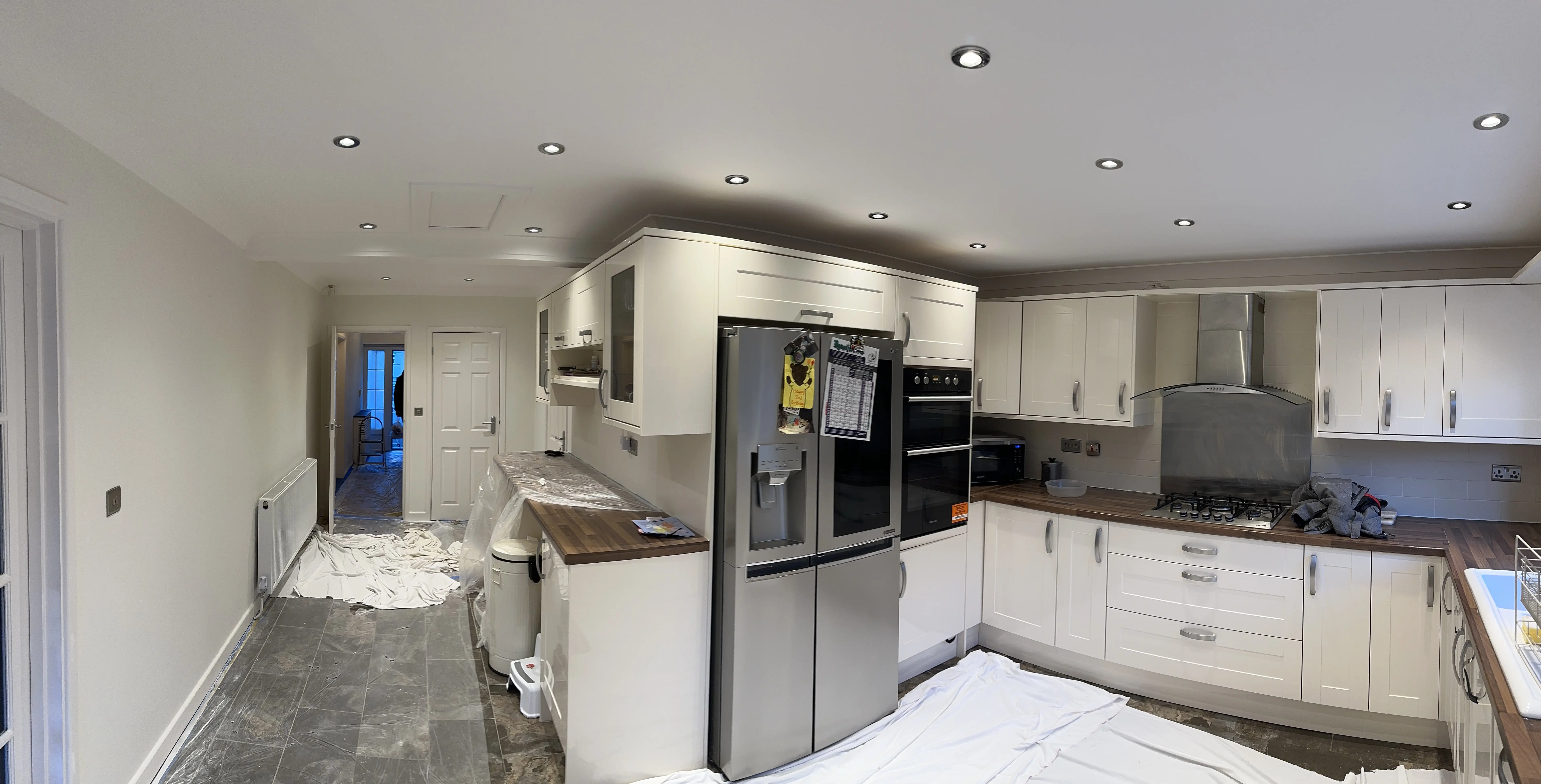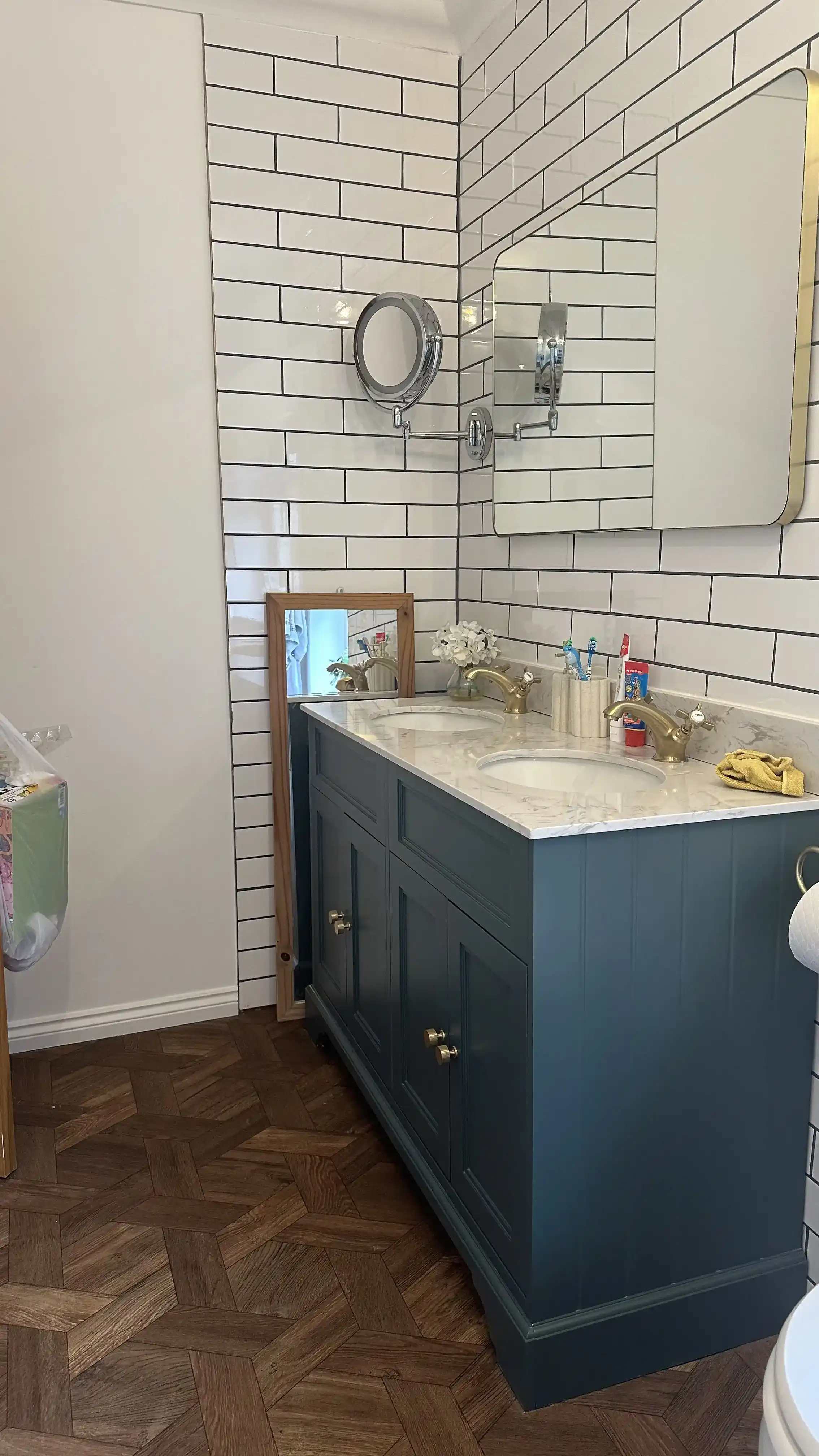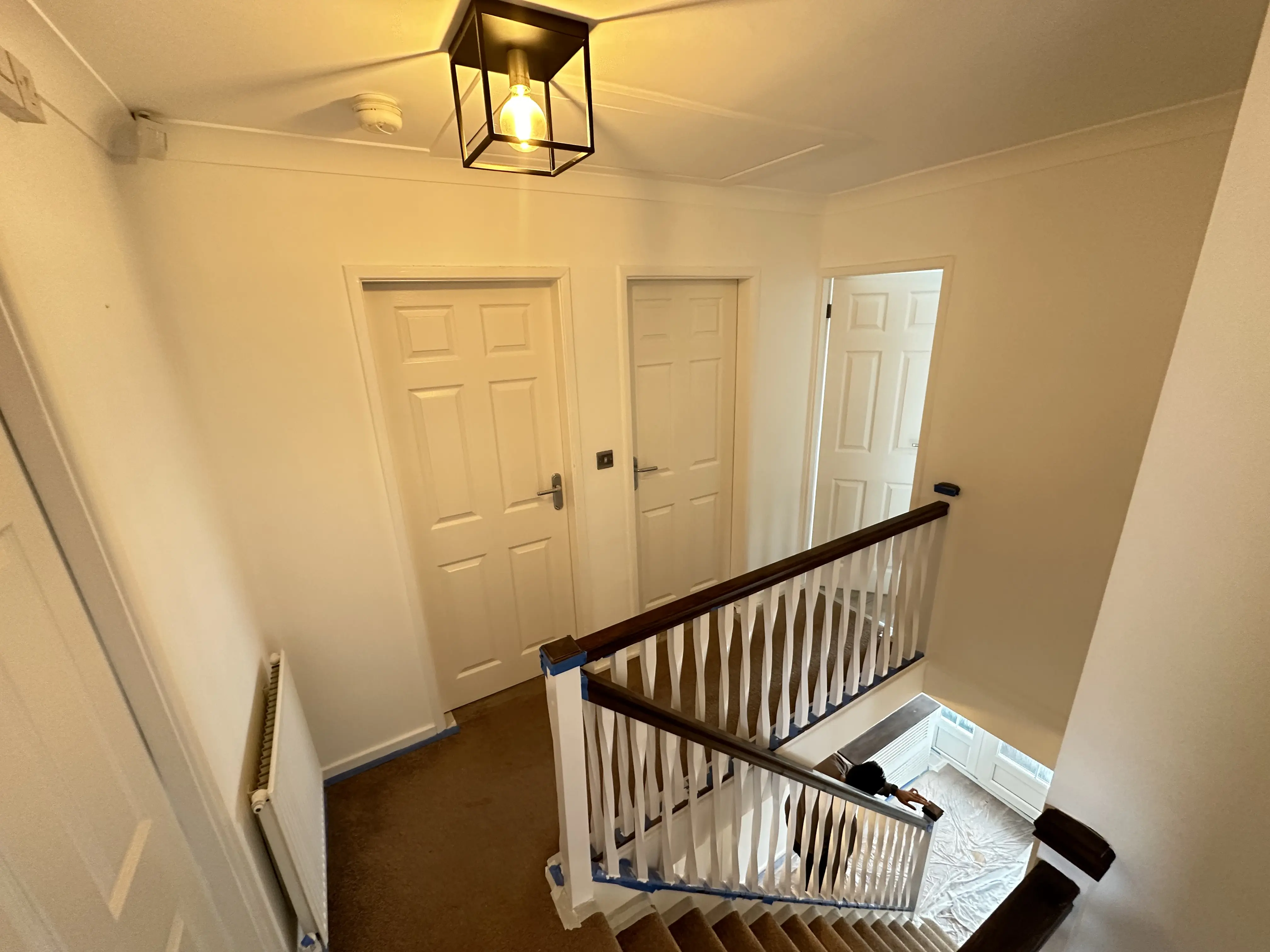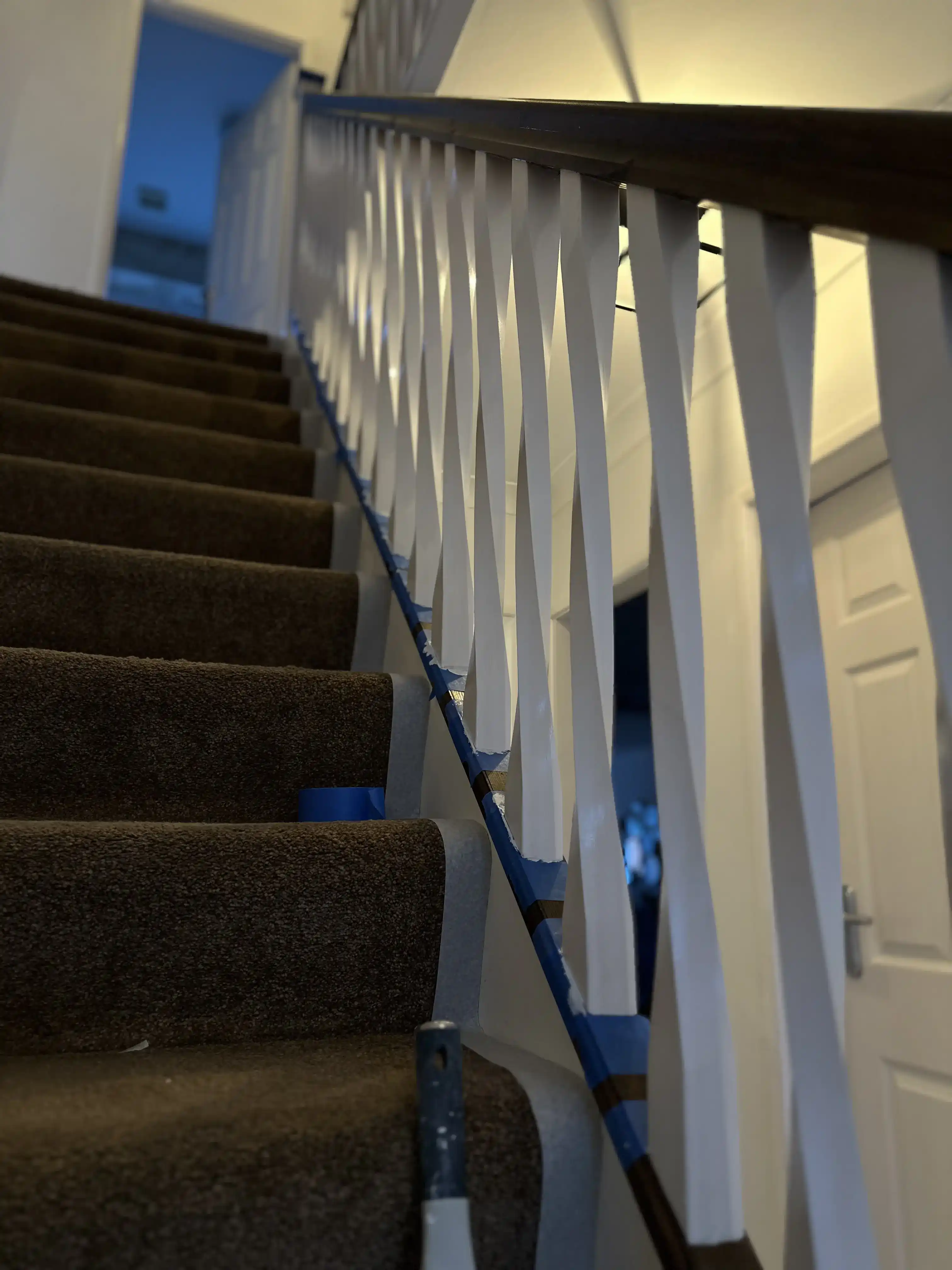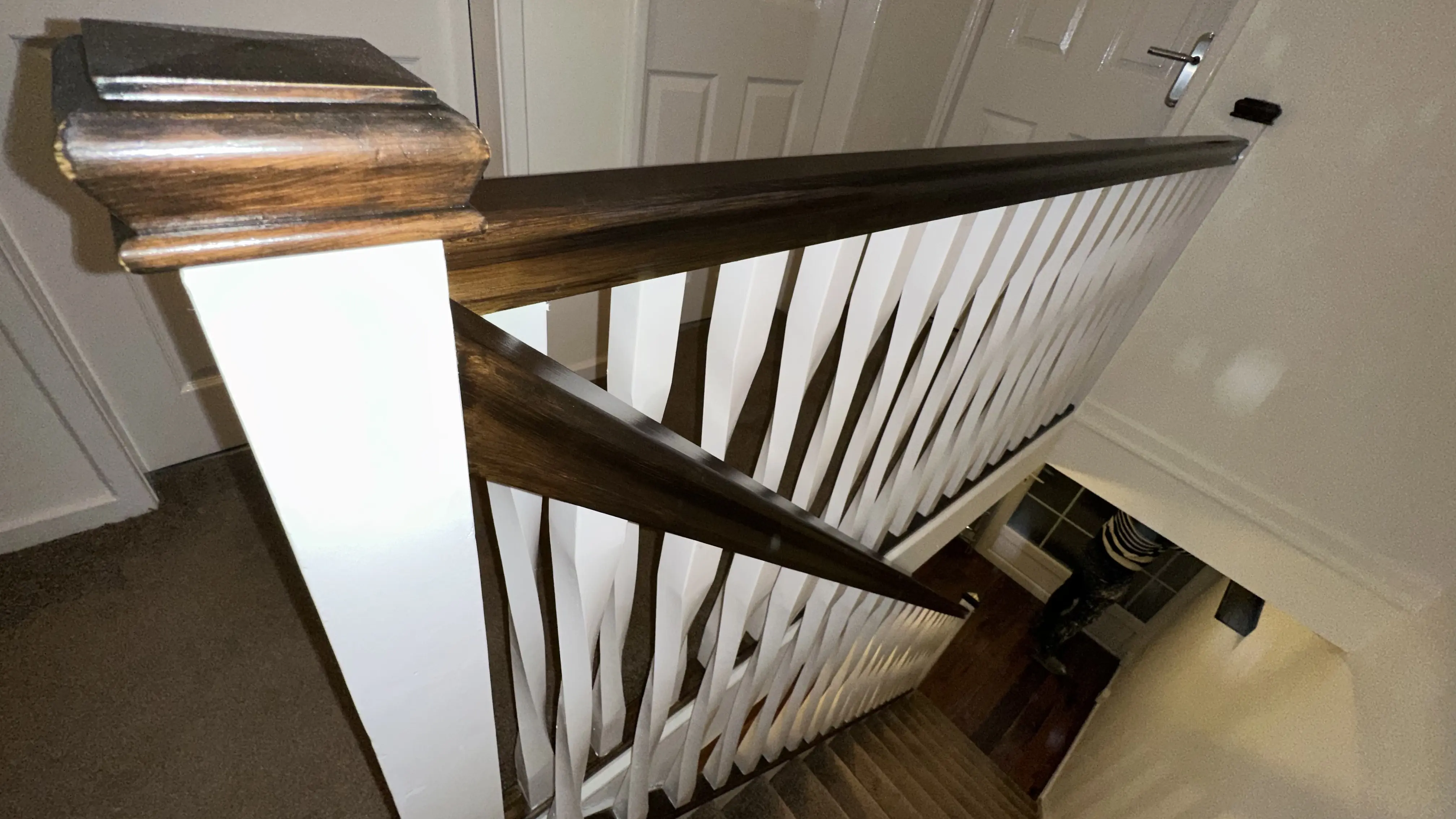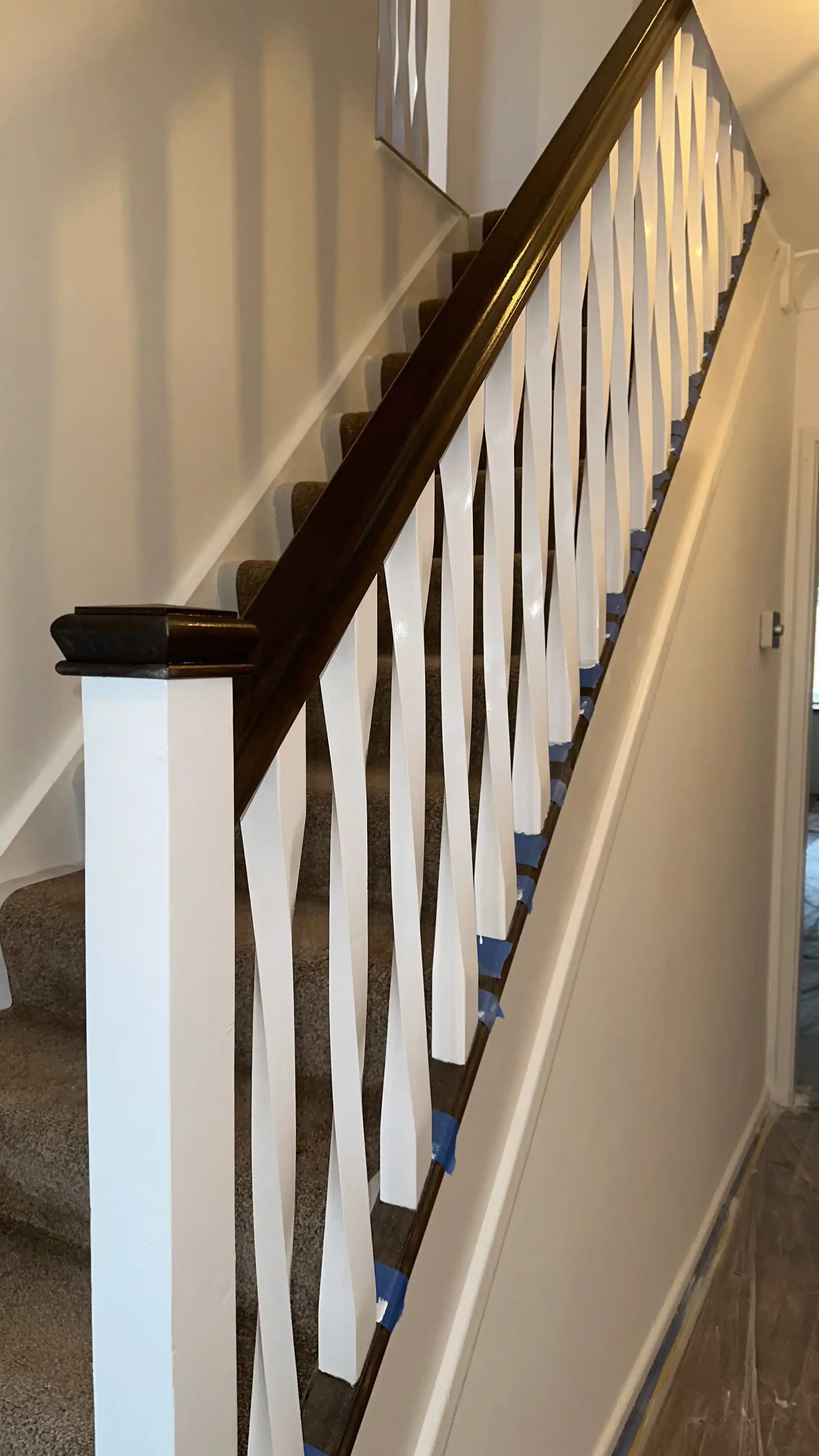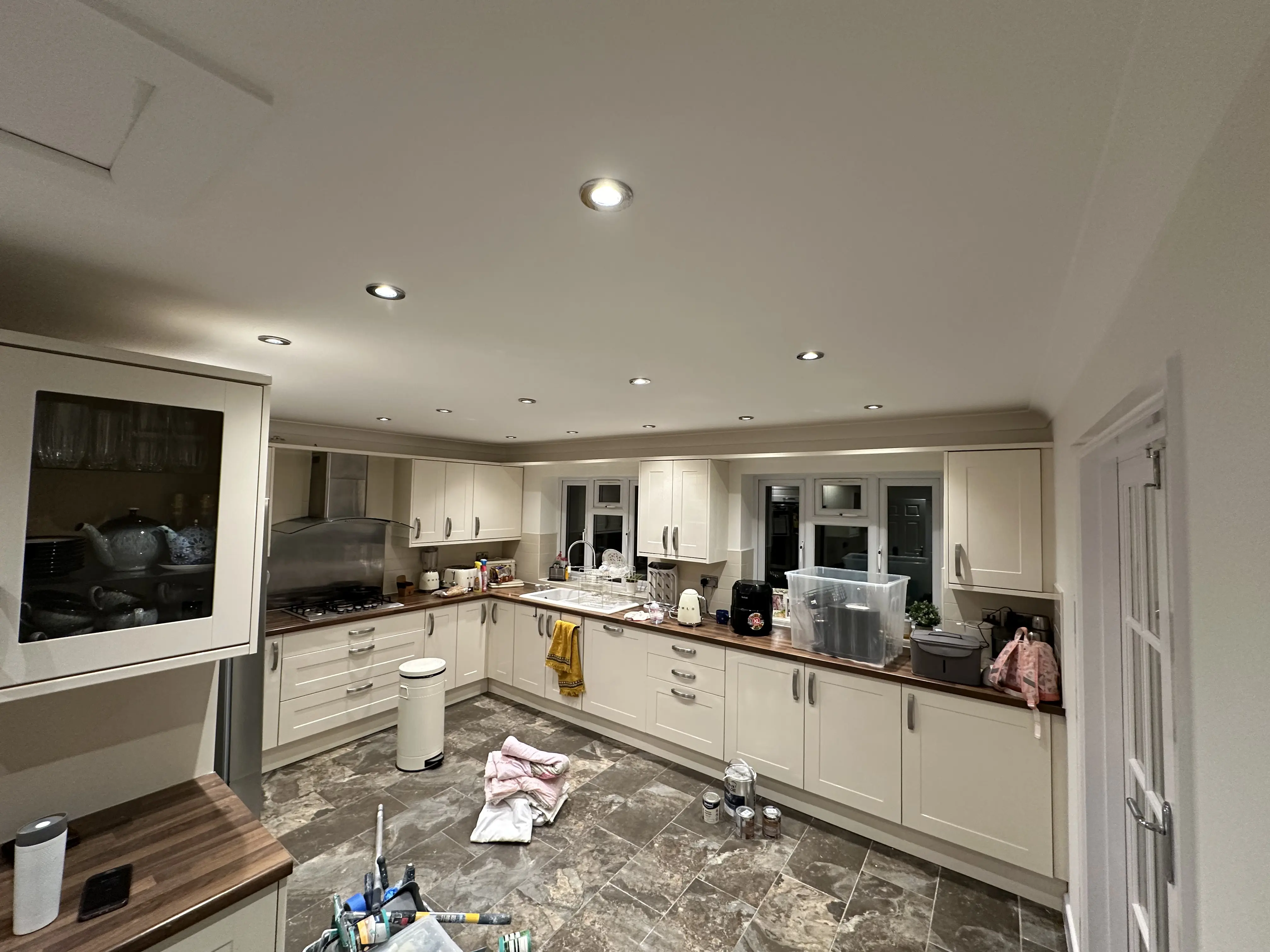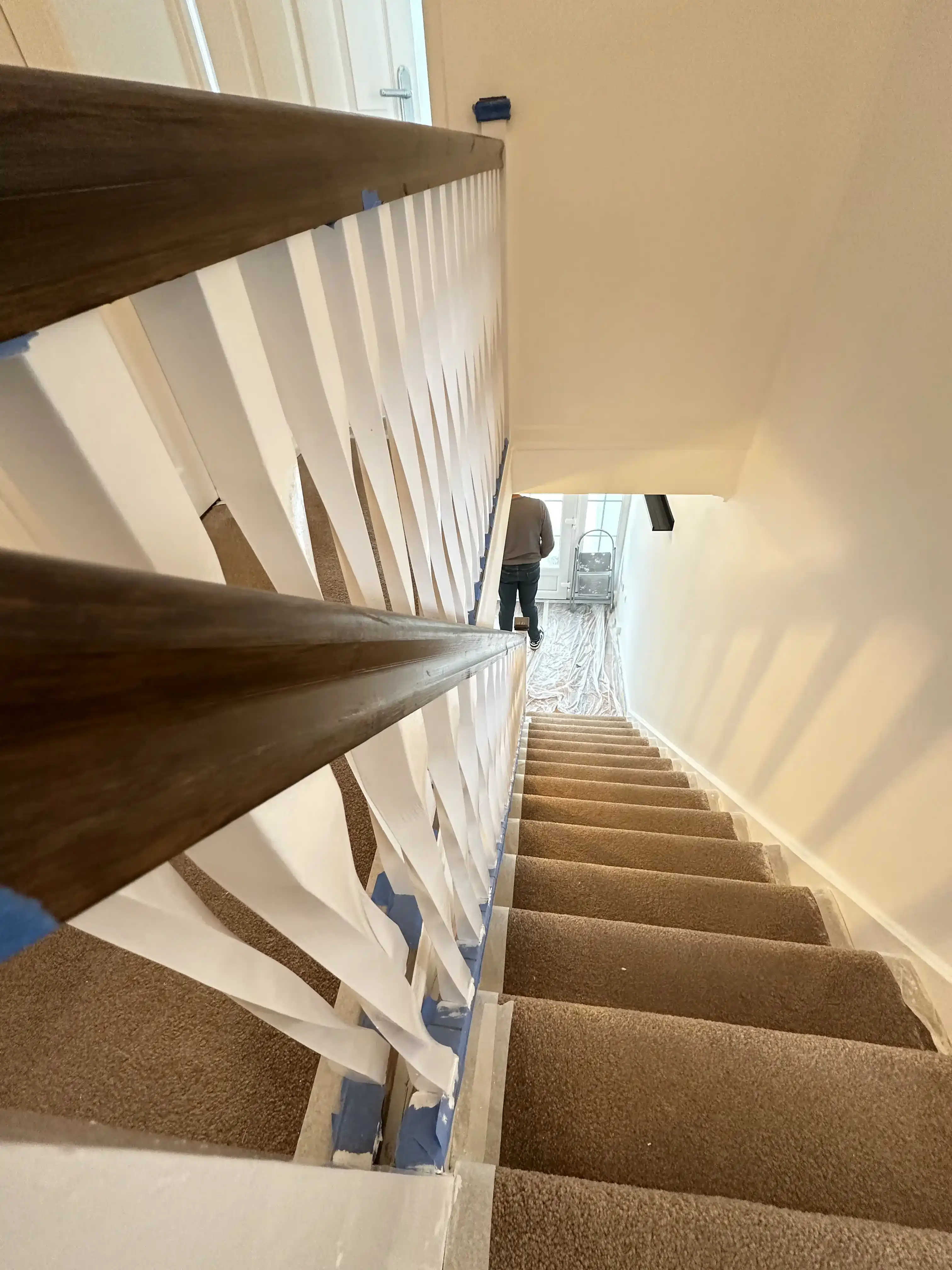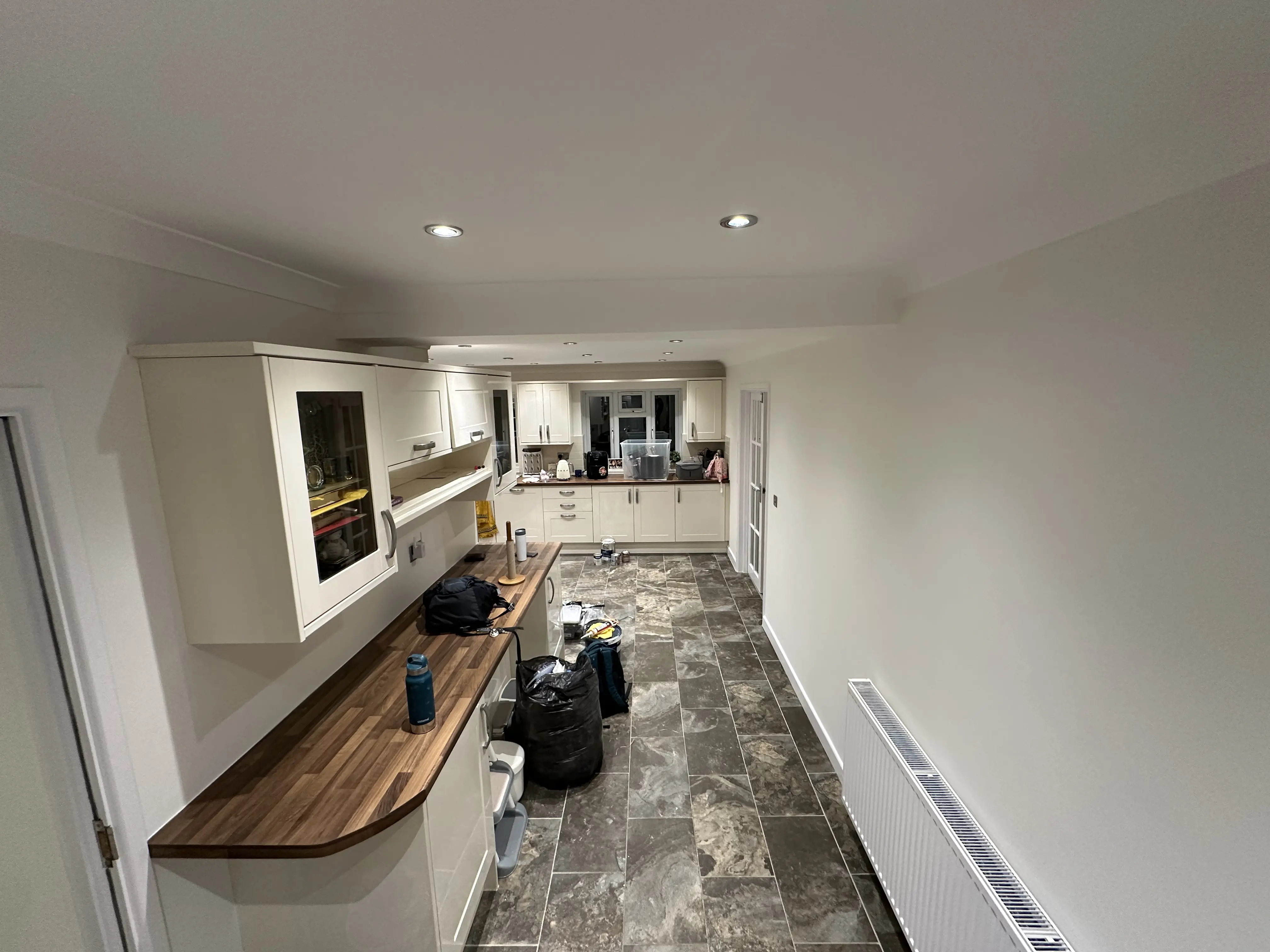Introduction to House Renovation
Introduction
House renovation is a vital part of the construction industry, focusing on improving and modernising residential properties. This profession not only enhances the beauty and functionality of homes but also increases property value. With changing needs, tastes, and even building regulations, house renovation has become a key occupation in the UK. In a country with a rich architectural history and homes that are sometimes hundreds of years old, house renovation plays a crucial role in preserving and upgrading this heritage.
The Importance of House Renovation
House renovation can be driven by various reasons, depending on the homeowner's needs and circumstances. One of the most important reasons is updating old spaces and improving worn-out infrastructure. Many older homes in the UK use outdated structures and technologies that need to be replaced or upgraded. Renovation can involve repairing and strengthening damaged structures, upgrading heating and cooling systems, changing room layouts, and even adding new spaces. Additionally, lifestyle changes and the desire for more open and brighter spaces have led many people to consider renovating their homes.
House Renovation Services
House renovation services are broad and varied, encompassing various aspects of refurbishing and improving both the interior and exterior of the home. Some common services in this area include:
- Complete Interior Renovation: This type of renovation involves a complete overhaul of the interior of the house, from changing walls and ceilings to installing new flooring and updating kitchens and bathrooms. This type of renovation is typically undertaken when the homeowner is looking to make significant changes to the layout and interior design.
- Structural Repairs: Structural repairs involve strengthening and improving columns, walls, and roofs that have deteriorated over time. In the UK, older homes that may have suffered from moisture damage or subsidence require such repairs.
- Adding New Spaces: One of the most common renovation requests is to add new spaces, such as an extra bedroom, home office, or even a garage. This type of renovation not only increases living space but also directly adds value to the property.
- Kitchen and Bathroom Renovation: Kitchens and bathrooms are areas that require frequent renovation due to constant use. Kitchen refurbishment typically includes installing new cabinets, replacing plumbing and appliances, and using modern materials. Bathroom renovation often involves replacing tiles, installing modern fixtures, and improving water and drainage systems.
- Exterior and Facade Renovation: The exterior of the house is another area that often requires renovation. This can include repairing and painting exterior walls, replacing windows and doors, and improving the garden and outdoor spaces. Renovating the exterior not only enhances curb appeal but also protects the house from weather damage.
- Improving Energy Efficiency: With rising energy costs and the importance of environmental issues, improving the energy efficiency of homes is one of the main goals of renovation. Installing double-glazed windows, improving insulation in walls and roofs, and using modern heating and cooling systems can help reduce energy consumption and costs.
The House Renovation Process
The house renovation process involves several stages, each requiring careful planning and precision. These stages include:
- Initial Consultation and Assessment: In this stage, a renovation specialist visits the site to assess the home's needs and the homeowner’s desires. At this point, a general project plan is created, and costs are estimated. Advice on design and material selection is also provided.
- Design and Planning: After the initial assessment, the design phase begins. This may include detailed plans for room layout changes, material selection, and determining construction details. Close collaboration with architects and engineers is necessary at this stage to ensure the feasibility of the designs.
- Sourcing Materials and Equipment: After the design and budget are approved, the necessary materials and equipment are sourced. Choosing high-quality materials that are suitable for the UK's weather conditions is of great importance.
- Project Execution: At this stage, the practical renovation work begins. This involves demolishing old sections, constructing and installing new parts, and making structural changes. Careful coordination between various trades, such as carpenters, electricians, and plumbers, is essential to ensure the work is carried out to the highest standard.
- Final Inspection and Project Handover: Once the work is complete, a final inspection is carried out to ensure the quality and accuracy of the execution. Upon final approval, the project is handed over to the homeowner, and if necessary, instructions on maintaining and caring for the new features are provided.
Benefits of House Renovation
Renovating a home offers many benefits that can improve daily life and increase property value. Some of these benefits include:
- Increased Property Value
- Improved Quality of Life
- Reduced Energy Costs
- Preserving Architectural Heritage
Conclusion
House renovation is a complex and specialized process that requires careful planning and professional execution. By utilizing renovation services, you can enjoy a more modern, beautiful, and functional home while increasing the property’s value. In the UK, given the unique architectural and weather conditions, renovating homes has become essential for maintaining and improving residential environments. If you are looking to enhance your living space, renovation can be a long-term and effective investment.
